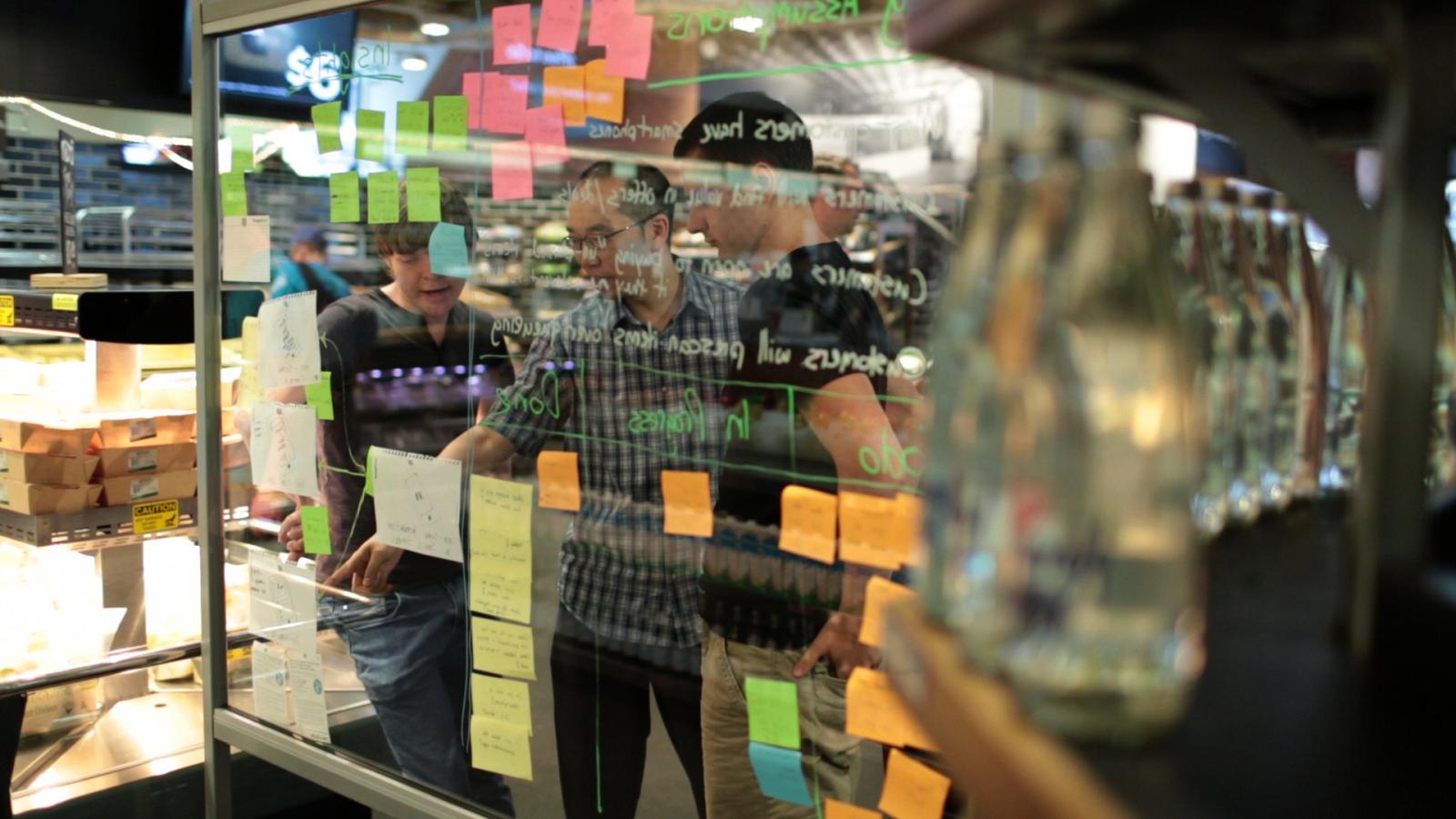IT organizational design
Why IT departments must reinvent themselves: Part 1


Disclaimer: The statements and opinions expressed in this article are those of the author(s) and do not necessarily reflect the positions of Thoughtworks.
